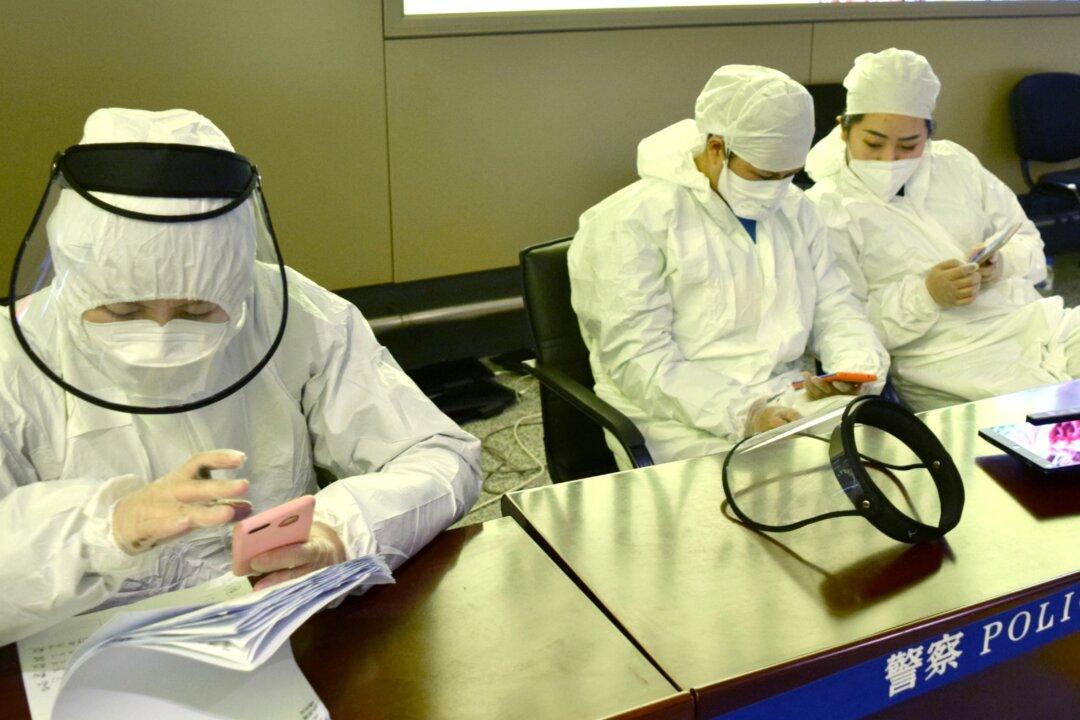As the second wave of the CCP virus outbreak hits northeast China, Harbin, a city of 10 million people, has been forced to shut down eateries that serve communal dishes.
Barbecue eateries, as well as those selling hot pot and stews, must suspend dine-in meals until further notice and in accordance with changes in the epidemic situation, said an emergency notice issued on May 1 by the city’s epidemic prevention office.





